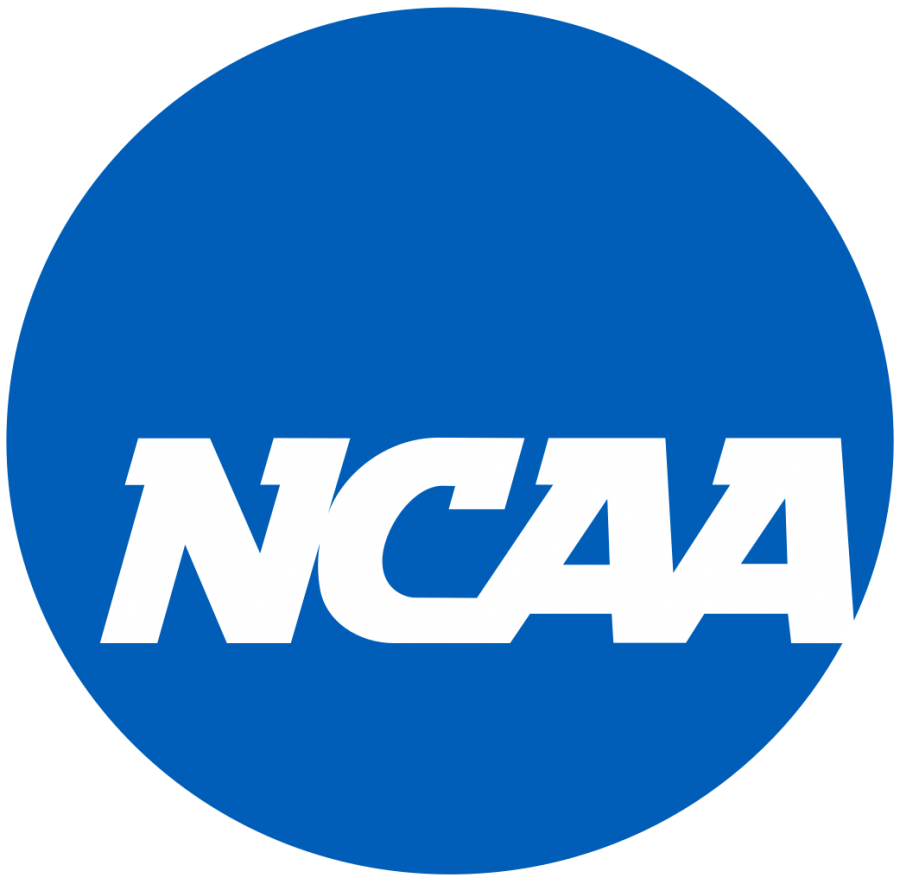Who really pays with the new Pay to Play bill?
Photo Wikimedia Commons
On Sept. 30, California Governor Gavin Newsom signed the Fair Pay to Play bill into law, allowing college athletes to profit from their name, likeness and image. While this seems like a major step for college athletics and the NCAA, in actuality, this bill could take down the program for good and tarnish the integrity of college athletics permanently.
While the new law will not take effect until 2023, California schools and the NCAA have already publicized their opposition to the bill. Perhaps this opposition is out of fear because they know that this is the beginning of the end.
Under the current specifications of the bill, California schools will not be able to follow the NCAA’s amateurism rules, so the NCAA is considering dropping California schools from the association as well as making California teams ineligible for national championships. But will California’s possible removal from the NCAA be enough to deter athletes from going to California schools for the sole purpose of profiting from their name?
Clearly, other states are beginning to fear that their colleges’ recruiting capabilities will not be able to match those of California, as there is one thing they cannot offer: money. Because of this, as of Hi’s Eye deadline, 15 states, according to SI.com, have already proposed bills similar to the one passed in California and it seems like every day another state joins the party.
The problem with the Pay to Play bills being passed on the state level is that they are all slightly different. California will only allow athletes to profit from their name, likeness and image, but the bill proposed in New York plans to set aside 15 percent of revenue from ticket sales to be evenly distributed to the athletes.
Meanwhile, the bill proposed in Florida limits any athlete from signing endorsements with companies that are competitors to the athlete’s own college. The amount of variability in the different bills is why a federal law is coming sooner rather than later to regulate Pay to Play across the nation.
This will put the NCAA in a tough spot, potentially ending the nonprofit’s involvement in college sports.
But what does Pay to Play mean for the athlete? Some people argue that just the ability to profit from playing sports will not be enough to draw athletes away from going to schools that offer the best coaching and education, but I’m sure the power of money will pull athletes away from the better schools, especially athletes whose sports do not come with the possibility of signing multi-million dollar contracts upon graduation.
Another common argument that is made against the Pay to Play bill is that it is only beneficial to the big-name college athletes who will be drafted professionally and make millions of dollars after college regardless, so there’s no point in giving them more money; however, the smaller market athletes will have just as many opportunities to make money from their name and likeness.
While I do understand that not everyone is going to be signed by Nike and have their own signature shoe like Zion Willamson, athletes of lesser celebrity status will have ample opportunities to profit from their name. They will be able to headline camps for the local youth, sponsor local restaurants and businesses and profit from social media platforms that will lend themselves to more advertising and money-making opportunities.
I do see a problem, though, with giving college athletes so much money: Are these athletes going to be responsible with all of this money they are making? How many times do we see professional athletes go bankrupt spending all of their money irresponsibly? Giving young adults this amount of money could be detrimental to their own growth and lead them to make bad decisions about their future.
The rapid progression of Pay to Play bills leads me to believe that the NCAA is going to need to do something fast before getting lost in all of the money that these athletes will potentially make. This is a huge step forward for collegiate athletes but a step backwards for college sports, as the integrity of sports will get lost in the wallets of college athletes.

